The Weekend Australian album reviews, December 2015
I reviewed 15 albums for The Weekend Australian in 2015. Many of them were great, but the only five-star rating I awarded was to the below album, which was released in early August. The full review follows.
That this Los Angeles-based electronic pop quartet insists on capitalising all of its song and album titles speaks to the confronting nature of the music it creates. DEATH MAGIC is the group’s third album, and its best: a futuristic and immersive marriage of electronic beats and pop sensibilities. Its style on previous records was rooted in the abrasive repetition of noise rock, and while that scaffolding remains in place, HEALTH has spent the six years since its last album, GET COLOR, perfecting an aesthetic which is entirely its own.
Since 2009, the quartet has composed an eerie, atmospheric score for a popular video game, Max Payne 3, and according to an interview published on Pitchfork in April, they “made this record like four times”. The rewrites were well worth it.
This is among the most vital and exciting albums to be released in any genre in any year. It is a masterpiece of staggering depth and immediacy. Each track pulses with energy and the optimism of youth, yet its overarching lyrical theme is an obsession with the end of life: “We die / So what?” sings guitarist Jake Duzsik on fourth track ‘FLESH WORLD (UK)’. “We’re here / Let go,” he intones atop an insistent backbeat and snippets of warped, metallic squalls.
Wedged among the unrelenting darkness are two anomalously poppy tracks, ‘DARK ENOUGH’ and ‘LIFE’, which appear back-to-back in the middle of the set list. “Does it make a difference if it’s real / As long as I still say ‘I love you’?” sings Duzsik on the former track, while on the latter he reflects, “Life is strange / We die, and we don’t know why”.
For a bunch of guys in their early 30s, this preoccupation with death is curious, but as fuel for their art, clearly it has been a boon. The mood that surrounds these themes is far more ebullient than funereal. In acknowledging its mortality rather than denying it, HEALTH seems to have replaced existential anxiety with self-confidence. First single ‘NEW COKE’ is the album’s darkest arrangement, wherein Duzsik’s ethereal vocals state a mantra (“Life is good”) that’s offset by waves of engrossing electronic distortion, like a plane crashing in slow motion. In the middle of the track, there are a couple of brief moments of silence, before the diabolical noise returns anew.
Stylistic decisions such as these are perhaps influenced by the notion of “the drop” in electronic dance music: compulsive snatches of anticipated euphoria which spur the mind and body into action. DEATH MAGIC is a tough album to categorise: half pop, half electronica and wholly immersive, it is the sound of four singular musicians mining a rich, untapped vein of material. Defiantly, proudly, this band sounds like no other in existence. What HEALTH has come up with here is a towering achievement best played very, very loud.
I also reviewed the below albums for The Weekend Australian in 2015. They are listed in chronological order, with the publication date and my rating noted in brackets.
- Pearls – Pretend You’re Mine (February; 4.5 stars)
- Courtney Barnett – Sometimes I Sit And Think, and Sometimes I Just Sit (March; 4 stars)
- Surf City – Jekyll Island (March; 4 stars)
- We All Want To – The Haze (May; 4.5 stars)
- Ben Salter – The Stars My Destination (May; 4.5 stars)
- Tim Rogers & The Bamboos – The Rules Of Attraction (May; 3.5 stars)
- Immigrant Union – Anyway (June; 4.5 stars)
- Foals – What Went Down (August; 4 stars)
- Robert Forster – Songs To Play (September; 4.5 stars)
- Parkway Drive – Ire (September; 4 stars)
- Silversun Pickups – Better Nature (October; 4 stars)
- You Am I – Porridge & Hotsauce (November; 4.5 stars)
- My Disco – Severe (November; 3 stars)
- Dallas Crane – Scoundrels (December; 4.5 stars)

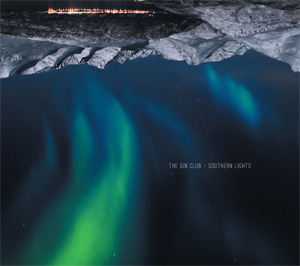
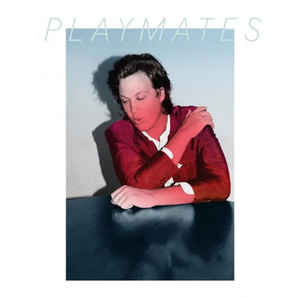
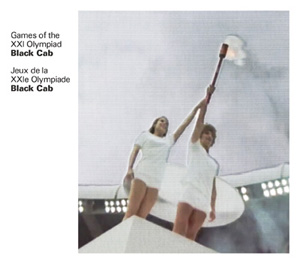
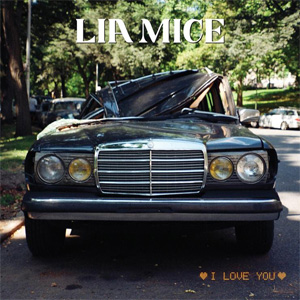
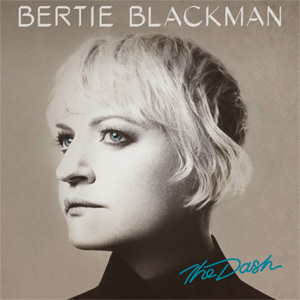 For her fifth album, Melbourne-based singer-songwriter Bertie Blackman has changed her approach to the craft: rather than writing solo, she enlisted the help of fellow pop brains including Julian Hamilton (the Presets) and John Castle (Megan Washington) in a series of short recording sessions.
For her fifth album, Melbourne-based singer-songwriter Bertie Blackman has changed her approach to the craft: rather than writing solo, she enlisted the help of fellow pop brains including Julian Hamilton (the Presets) and John Castle (Megan Washington) in a series of short recording sessions.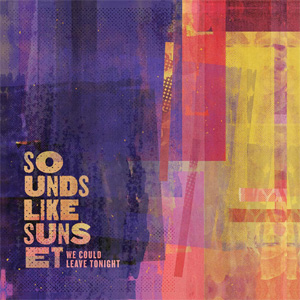


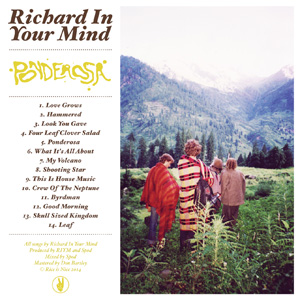
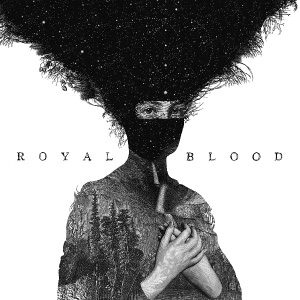
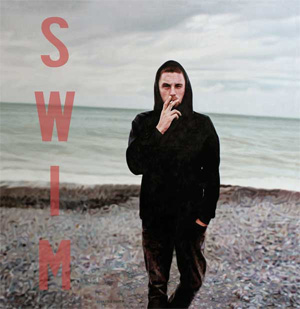


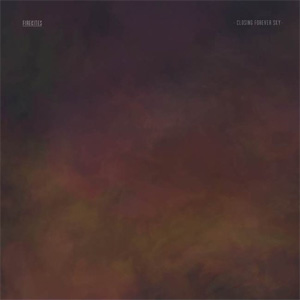
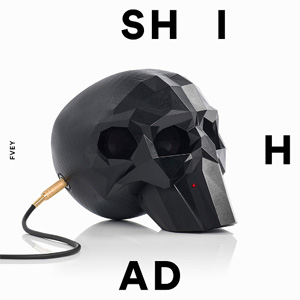
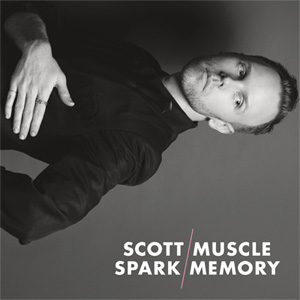 Piano-led pop is the domain of this Sydney-based singer-songwriter, who demonstrates a firm grasp of the genre on his second album. Backed by a compact rhythm section and occasional flourishes from stringed instruments, Scott Spark has arranged a winning follow-up to his 2010 debut, Fail Like You Mean It.
Piano-led pop is the domain of this Sydney-based singer-songwriter, who demonstrates a firm grasp of the genre on his second album. Backed by a compact rhythm section and occasional flourishes from stringed instruments, Scott Spark has arranged a winning follow-up to his 2010 debut, Fail Like You Mean It. Few careers in Australian pop music have burned as steadily and slowly as that of Adelaide-born Sia Furler. Her second album, 2001’s Healing is Difficult, yielded a couple of singles that hit on the British charts but barely raised heart rates here; a key placement in the finale of HBO drama Six Feet Under in 2005 added fuel to the fire, as did her ARIA Award-winning fifth LP, 2010’s We are Born. Yet it is only in the past couple of years that the spark has finally burst into full conflagration. Happily for the camera-shy 38-year-old, her greatest success has come through writing hit songs for the likes of pop luminaries Rihanna, Katy Perry, Britney Spears and Beyonce. For Furler, the result has been fortune without much of the fame.
Few careers in Australian pop music have burned as steadily and slowly as that of Adelaide-born Sia Furler. Her second album, 2001’s Healing is Difficult, yielded a couple of singles that hit on the British charts but barely raised heart rates here; a key placement in the finale of HBO drama Six Feet Under in 2005 added fuel to the fire, as did her ARIA Award-winning fifth LP, 2010’s We are Born. Yet it is only in the past couple of years that the spark has finally burst into full conflagration. Happily for the camera-shy 38-year-old, her greatest success has come through writing hit songs for the likes of pop luminaries Rihanna, Katy Perry, Britney Spears and Beyonce. For Furler, the result has been fortune without much of the fame. The first time we heard Sydney songwriter Jonathan Boulet was five years ago, on a self-titled album that bubbled with nervous energy, clattering acoustic guitars and folk-rock sensibilities. It was a similar story with a stronger second album in 2012, yet Gubba heralds a considerable stylistic shift.
The first time we heard Sydney songwriter Jonathan Boulet was five years ago, on a self-titled album that bubbled with nervous energy, clattering acoustic guitars and folk-rock sensibilities. It was a similar story with a stronger second album in 2012, yet Gubba heralds a considerable stylistic shift. Four albums and eight years into its career, this Baltimore pop trio has hit its stride with Singles, a 10-song collection that all but lives up to its title. The band’s previous release, 2011’s On the Water, was memorable but lacked the consistent hooks that set Singles apart. The songs are assembled with the usual suspects on keyboards, bass, guitar and drums, but vocalist Sam Herring dominates.
Four albums and eight years into its career, this Baltimore pop trio has hit its stride with Singles, a 10-song collection that all but lives up to its title. The band’s previous release, 2011’s On the Water, was memorable but lacked the consistent hooks that set Singles apart. The songs are assembled with the usual suspects on keyboards, bass, guitar and drums, but vocalist Sam Herring dominates. For all the great strides that the genre has made since attaining critical mass more than a decade ago, Australian hip-hop can tend to mine the same soil over and over. Familiar thematic tropes have become entrenched in the minds of artists and audiences; to pursue sounds from outside of that comfort zone is to risk alienating listeners.
For all the great strides that the genre has made since attaining critical mass more than a decade ago, Australian hip-hop can tend to mine the same soil over and over. Familiar thematic tropes have become entrenched in the minds of artists and audiences; to pursue sounds from outside of that comfort zone is to risk alienating listeners.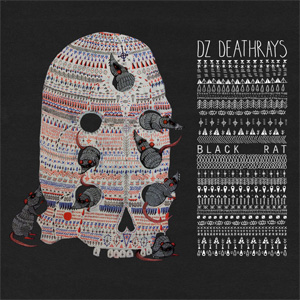 Two years between releases finds this Brisbane duo evolving beyond its self-dubbed “thrash party” roots in favour of songwriting maturity. It’s taking a risk of alienating their established fan base but, to DZ Deathrays’ credit, it works. This new sound suits the pair better than the comparatively juvenile approach heard on the ARIA award-winning 2012 debut Bloodstreams and its preceding EPs.
Two years between releases finds this Brisbane duo evolving beyond its self-dubbed “thrash party” roots in favour of songwriting maturity. It’s taking a risk of alienating their established fan base but, to DZ Deathrays’ credit, it works. This new sound suits the pair better than the comparatively juvenile approach heard on the ARIA award-winning 2012 debut Bloodstreams and its preceding EPs.